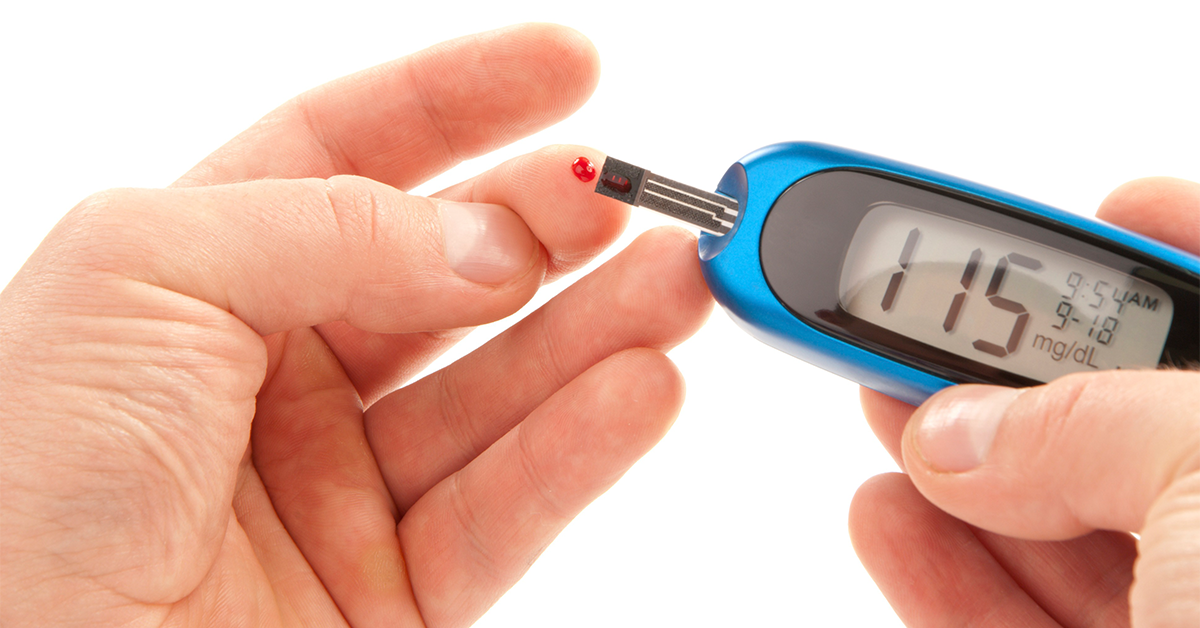Methodology
Research Questions
For the purpose of the study, the research questions are:
- What is a patient supposed to do if they are unable to afford insulin? Is it smart to ration the amount of insulin they inject themselves with?
- Is there such a thing as generic insulin? If so, how much cheaper is it compared to the name brand? Does it work and help in the same way?
- In what ways does health care or insurance matter to a diabetic patient?
Participants of the Study
In my first-hand research and interviews, I interviewed my family members. Andy Wendling is my father and he is a type one diabetic. Terry Wendling is my grandpa, my fathers’ dad, and he is a type two diabetic. Kendra Wendling is my mother. She is a family member of a couple of diabetics. She was a perfect fit for my interviews. Although Andy and Terry answered the questions about their diabetes experiences, they are financially able to afford insulin.
Research Design and Procedures
I interviewed Terry on 29 March 2022. I interviewed Andy on 14 April 2022 and Kendra was interviewed on 20 April 2022. In all of the interviewees, the interviewee was sat down and was asked a list of ten plus questions. They answered the questions to the best of their abilities and exceeded the expectations with the answers provided.
Data Analysis
I read through and listened to the interviews. I made sure everything was correct between my notes that were taken during the interview and the audio recording of the interviews. I broke apart each question and answer, and I looked deeper into what they were saying. I had to look up a few things including the types of pump Andy has and the type of oral medication Terry takes daily. I also compared the information I got from the interviews with the research on dissertations and scholarly articles. I was able to find comparisons in how my family members live with the disease and how they can afford the medication.
Limitations
One huge limitation was that I interviewed individuals who are financially able to afford insulin. I found it challenging to find an individual, locally, that was a diabetic that struggled financially.
Ethical Issues
I decided to only interview family members so I missed out on hearing other people's perspectives and ways of living. The reason why I did this was that it was convenient to interview my family members with diabetes. I was able to learn more about them and their ways of living with the disease. I was also able to interview my mother and hearing her perspective changed how I view my parents for the better. I now see them as individuals who are determined to fight whatever comes their way. I also see them as one of the strongest people I know. They both have been through so much. I see my grandfather as someone who is unstoppable. He never stopped living the life that he lived before being diagnosed with type two diabetes. He altered his life to be healthier, because of diabetes, but he never stopped doing things that he loved. He continued golfing, working outdoors, going out to dinner, etc. He is a very determined man.
Summary
I believe that my findings in these interviews have provided a great amount of information. Comparing the answers from the interviews with the findings that were found in scholarly articles and dissertations helped me realize better what diabetes is like. The research in the articles gave me much more information about what families and diabetics, who cannot afford insulin, go through. I was able to dive deeper into how and why diabetics limit the amount of insulin they give themselves. I also got a clearer understanding of the different prices of insulin. Insulin ranges from $40 to $400+. It is hard to afford to pay $400 monthly but insulin is needed for a diabetic so it is a necessity. Finding “savings cards” helps diabetics greatly by making the out-of-pocket price more affordable to the diabetics who are unable to afford what they need.

Image: Sean Watson Insurance
